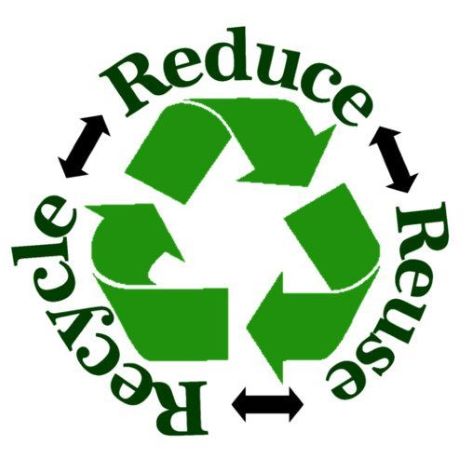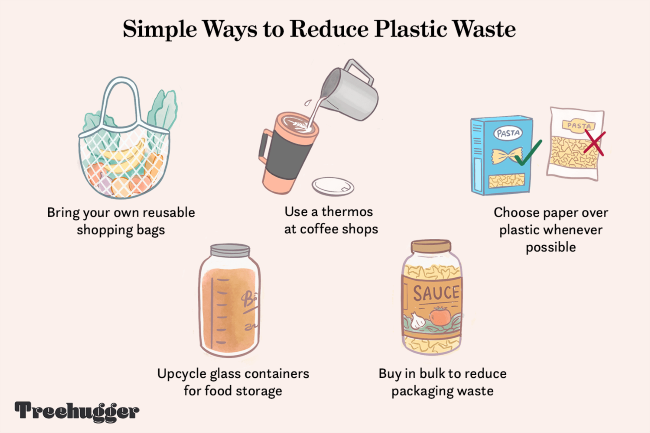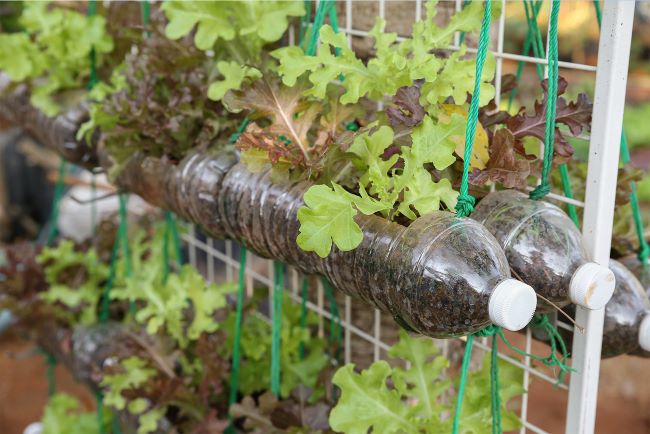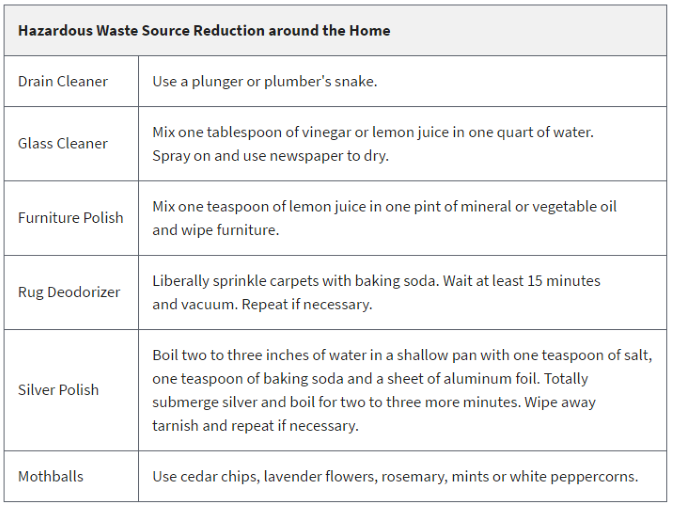
SWNPHD encourages all our community members to Reduce, Reuse, and Recycle. Recycling provides many benefits to our environment such as conserving natural resources, reducing greenhouse admissions, and decreasing pollution. It creates a healthier planet for us and future generations. Let's break down what it means to reduce, Reuse and Recycle.
Reduce: This means to use less of something. When shopping, bring your own reusable bag instead of the plastic ones the store offers. You can also purchase items that use minimal packaging or that have been made from previously recycled materials.

Reuse: Before you recycle an item, think about creative ways to use it again. It can be as simple as reusing the butter tub for leftovers or turning a plastic water bottle into a planter for growing flowers and vegetables.

Recycle: This involves collecting and processing materials like paper, plastic, and glass to create new products. Recycling lowers the amount of stuff sent to our landfills but gives the recycled items new life. If you are not able to reduce or reuse an item, recycle it if possible. There are so many things that can be recycled such as:
- Aluminum cans
- Brown paper bags
- Cardboard
- Catalogs, magazines and phone books
- Computer paper
- Newspapers and junk mail
- Glass bottles and jars
- Plastic bottles and jugs
- Tin and steel cans
That is a generic list of common items that can be recycled. What you can recycle will depend on where you live and what your local recycling company is able to collect and process. Make sure you contact your local recycler if you have any questions about what can be recycled in your area. There are several common household items that often cannot be recycled:
- Aluminum foil
- Aerosol Cans
- Diapers
- Light bulbs
- Juice boxes and disposable coffee cups
- Napkins, paper towels and tissue
- Styrofoam
There is other waste in our households that is considered hazardous. These items should not be disposed of in your trash or recycled in the curbside recycling bin. There are special facilities that can dispose of hazardous material in an environmentally friendly manner. For more information about household hazardous waste, visit Household Hazardous Waste (HHW) | US EPA.

Recycling locations in Southwest Nebraska
Red Willow County:
Household Hazardous Waste Facility 108 West Railroad Service Road, McCook (308) 345-4333
Transfer Station/Collection/Recycling 1501 West A St, McCook (308) 345-7049
Keith County:
Western Resources Group 3305 W H St, Ogallala (308) 284-7353
Alter Metal Recycling 5 East E St, Ogallala (308)384-3135
Chase County:
Jo Leyland Recycling Center 120 Cape St, Imperial (308) 882-4368
Visit Nebraska Recycling Council's Recycling Guide to find out where to recycle almost anything. You can search by location or material you want to recycle.
